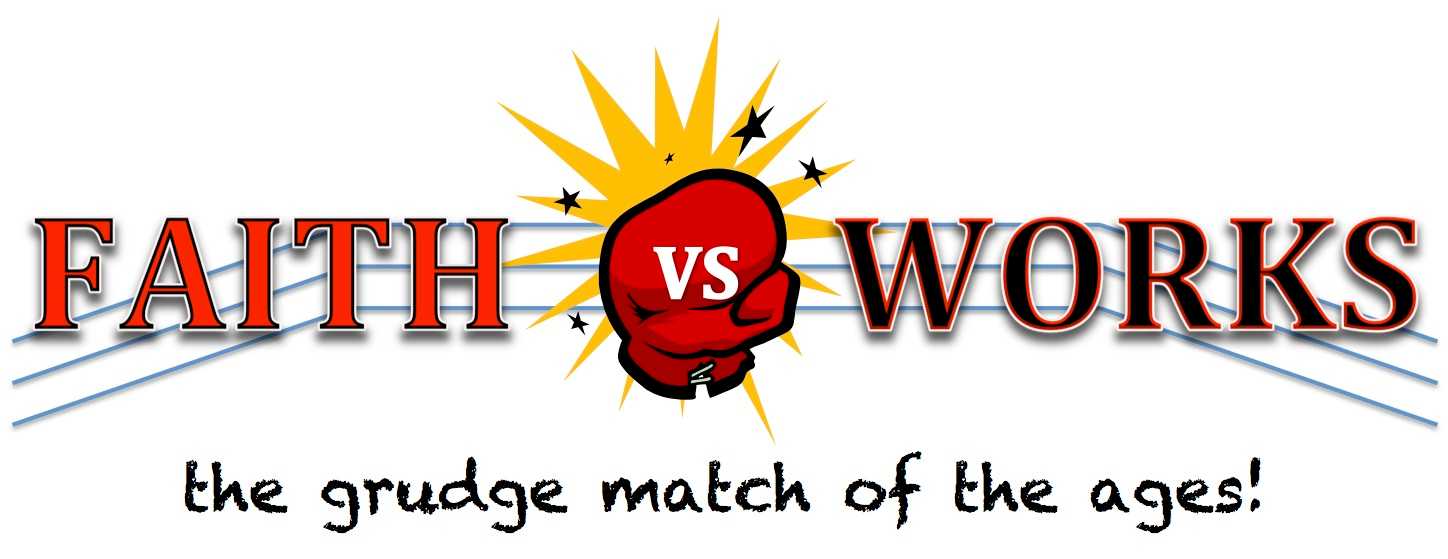Members of Teams with an Absence of Trust:
- Conceal their weaknesses and mistakes from one another
- Hesitate to ask for help or provide constructive feedback
- Hesitate to offer help outside their own areas of responsibility
- Jump to conclusions about the intentions and aptitudes of others without attempting to clarify them
- Fail to recognize and tap into one another's skills and experiences
- Waste time and energy managing their behaviors for effect
- Hold grudges
- Dread meetings and find reasons to avoid spending time together
Members of Trusting Teams:
- Admit weaknesses and mistakes
- Ask for help
- Accept questions and input about their areas of responsibility
- Give one another the benefit of the doubt before arriving at a negative conclusion
- Take risks in offering feedback and assistance
- Appreciate and tap into one another's skills and experiences
- Focus time and energy on important issues, not politics
- Offer and accept apologies without hesitation
- Look forward to meetings and other oppourtunities to work as a group
Dysfunction #1: Absence of Trust
The fear of being vulnerable with team members prevents the building of trust within the team.Dysfunction #2: Fear of Conflict
The desire to preserve artificial harmony stifles the occurrence of productive ideological conflict.Dysfunction #3: Lack of Commitment
The lack of clarity or buy-in prevents team members from making decisions they will stick to.Dysfunction #4: Avoidance of Accountability
The need to avoid interpersonal discomfort prevents team members from holding one another accountable.Dysfunction #5: Inattention to Results
The pursuit of individual goals and personal status erodes the focus on collective success.
Characteristics of High Performing Teams
Teams willing to address the five dysfunctions can experience the following benefits. High performing, cohesive teams:
- Are comfortable asking for help, admitting mistakes and limitations and take risks offering feedback
- Tap into one another's skills and experiences
- Avoid wasting time talking about the wrong issues and revisiting the same topics over and over again because of lack of buy-in
- Make higher quality decisions and accomplish more in less time and fewer resources
- Put critical topics on the table and have lively meetings
- Align the team around common objectives
- Retain star employees
- Do team members openly and readily disclose their opinions?
- Are team meetings compelling and productive?
- Does the team come to decisions quickly and avoid getting bogged down by consensus?
- Do team members confront one another about their shortcomings?
- Do team members sacrifice their own interests for the good of the team?
Dysfunction #1: Absence of Trust
Dysfunction #2: Fear of Conflict
Dysfunction #3: Lack of Commitment
Dysfunction #4: Avoidance of Accountability
Dysfunction #5: Inattention to Results
The Rewards






